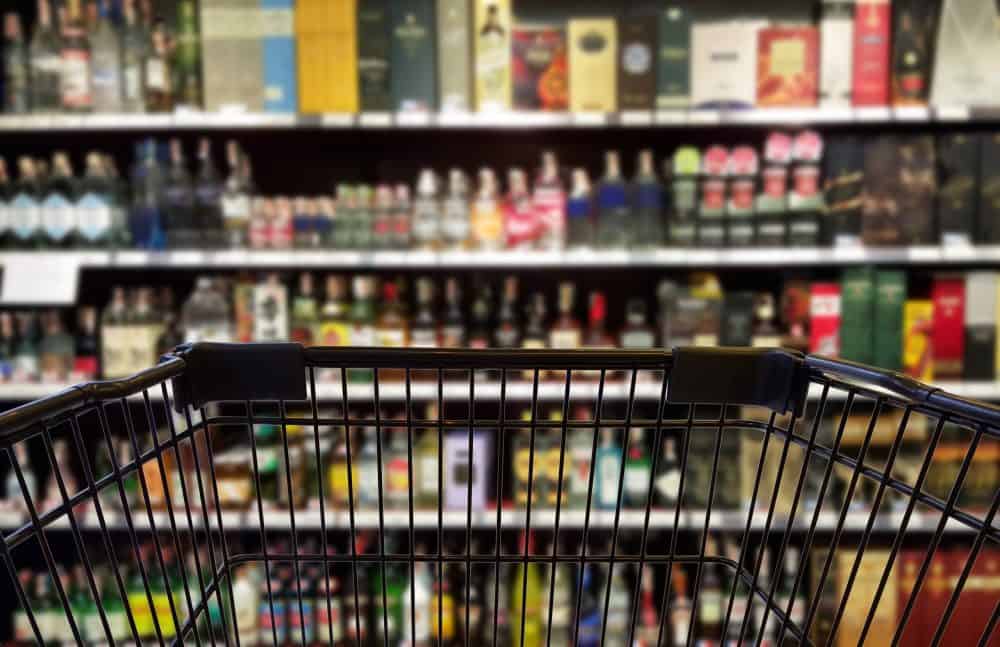We Can’t Feel Safe All The Time
Posted on June 5, 2020
by Thaddeus Camlin, Psy.D.
Feeling safe is a monumental component of mental health and well-being. However, a focus on feeling safe all the time is a setup for failure because it is impossible to feel safe all the time. Furthermore, feeling safe all the time would be detrimental in some ways. Feeling safe is closely related to feeling comfortable, and there are clearly established health benefits that come from pushing ourselves outside our comfort zone. Not to mention, there’s that pesky little truth buried in almost all absolute thinking - most absolutes contain fatal fissures at their core. Efforts to ensure that people feel safe to be themselves, and safe to simply exist, is inarguably an important aspect of a healthy society that encourages individual differences ...
full story










